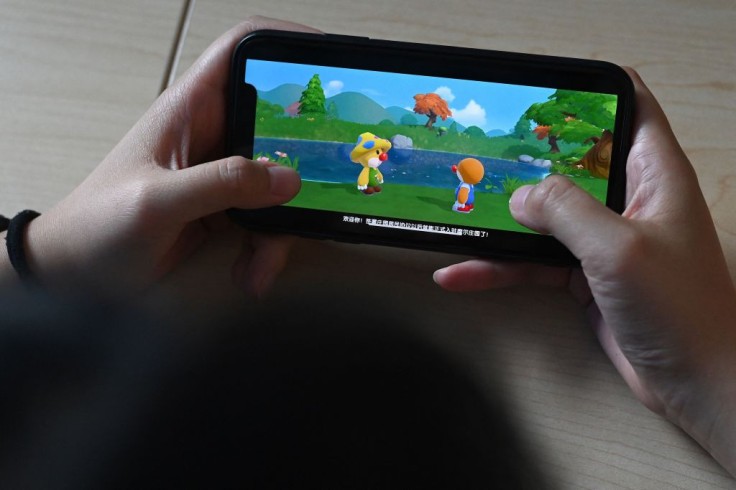
In today's digital age, the landscape of play has shifted significantly. From outdoor adventures to board games, children are increasingly exploring the vast digital playground.
As this realm expands, gaming for kids has become a dominant feature, attracting young minds with its vibrant graphics, intriguing storylines, and interactive platforms. However, while this digital revolution offers numerous benefits, it also presents challenges.
Thus, understanding and instilling healthy gaming habits for kids is crucial. This article serves as a parent's guide, aimed at helping navigate this digital terrain effectively.
Understanding the Allure of the Digital Playground
Before delving into healthy gaming habits for kids, it's essential for parents to grasp why the digital playground is so enticing. Gaming for kids is more than just fun; it's an immersive experience. Games often offer:
- Engaging Storylines: From mythical quests to real-world simulations, games provide children a narrative that they can be a part of.
- Social Interaction: Online platforms allow children to connect with peers globally, collaborating in team quests or competing in friendly challenges.
- Skills and Achievements: Games often reward persistence and strategy, giving kids a sense of achievement when they conquer a level or master a skill.
Healthy Gaming Habits for Kids: The Fundamentals
- Time Management: Set clear boundaries. Whether it's an hour a day or a couple of hours during weekends, ensure that game time doesn't impede essential activities like homework or physical exercise.
- Diverse Digital Diet: Encourage variety. Just as you'd want your child to eat a balanced diet, their gaming intake should also be varied. This includes educational games, puzzles, and physical activity-based games.
- Safe Online Interaction: Not all games, especially those with online interaction, are suitable for all ages. Use parental controls, and educate your child about the potential dangers of sharing personal information.
- Regular Breaks: Prolonged gaming can strain the eyes and reduce physical activity. Ensure kids take regular intervals, ideally a 5-10 minute break every hour.
- Monitor Content: Familiarize yourself with game ratings and ensure your child plays age-appropriate games. Ratings can provide guidance on content, themes, and suitability.
- Establish Gaming Zones: Instead of allowing gaming in isolated areas like bedrooms, set up a shared family space for gaming. This helps parents monitor content and interactions easily.
A Parent's Guide: Tips and Tricks for a Smooth Journey
- Stay Informed: Familiarize yourself with popular games, their content, and age-appropriateness. Platforms like Common Sense Media offer reviews and recommendations.
- Game Together: Take an active interest in your child's gaming world. Playing together can be a bonding experience and provides insights into their digital interactions.
- Open Communication: Ensure that your child feels comfortable discussing any uncomfortable experiences they might encounter in the online world.
- Encourage Real-World Play: While the digital playground is vast and inviting, the physical world offers irreplaceable experiences. Balance is the key.
- Set a Good Example: Your own screen time habits can influence your child's. If you're always on your phone or tablet, your child may deem it normal to have extended screen times.
- Introduce Gaming Budgets: This not only teaches kids the value of money but also prevents impulse buying of unnecessary in-game items or too many games at once.
- Discuss Game Narratives: Talk about the stories and lessons in games. It's a great way to understand what your child is learning and to instill critical thinking about the themes and characters they encounter.
- Friendships and Gaming: Get to know your child's gaming friends, just as you would their school friends. This can help ensure they're engaging in positive social interactions both online and offline.
In conclusion, the digital playground is here to stay, and gaming for kids is an integral part of it. As parents, understanding and guiding our children through this realm is essential. With the right approach, gaming can be a positive, enriching, and balanced part of a child's life.
This parent's guide is a stepping stone, aiming to foster healthy gaming habits for kids in the vast world of digital entertainment.
Related Article: Learning Through Play: Fun Activities that Boost Child Development